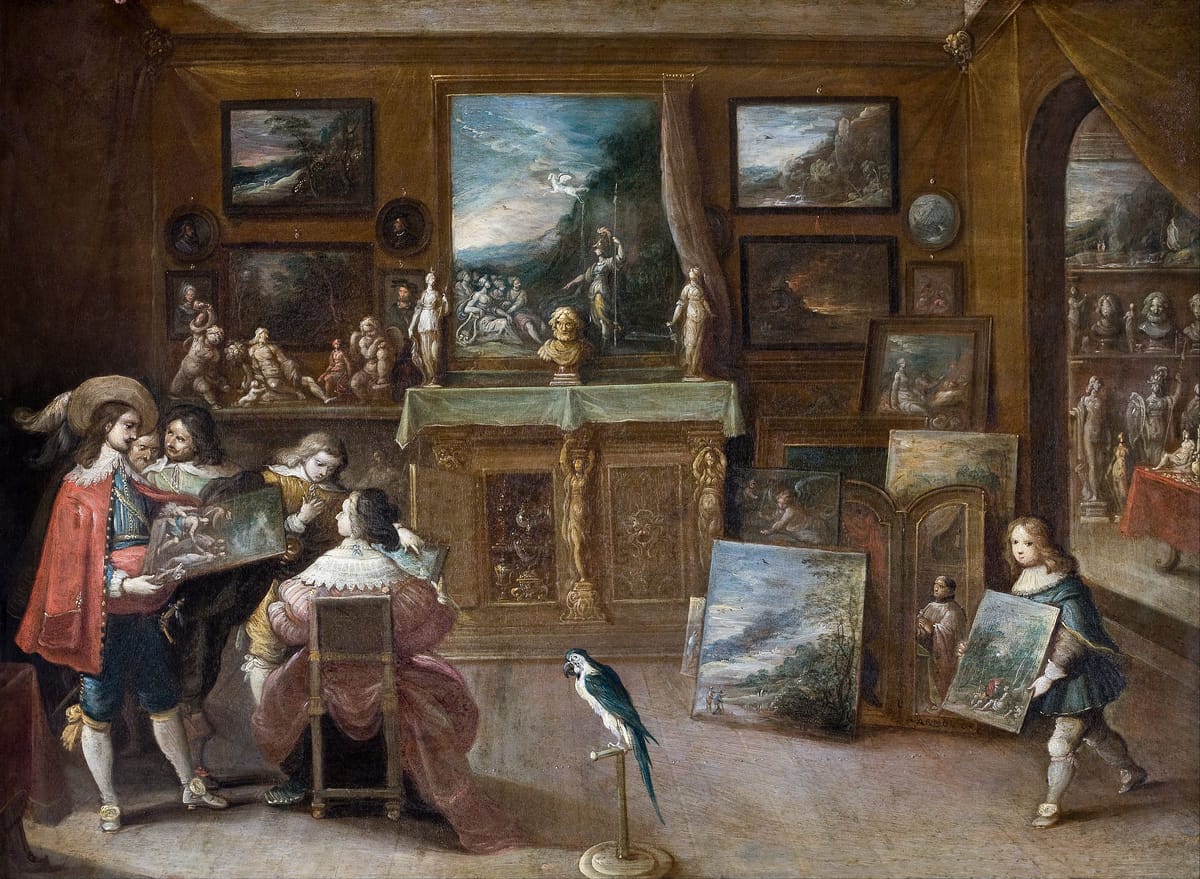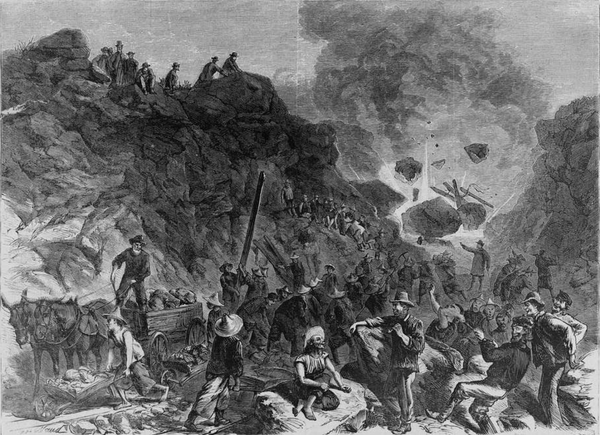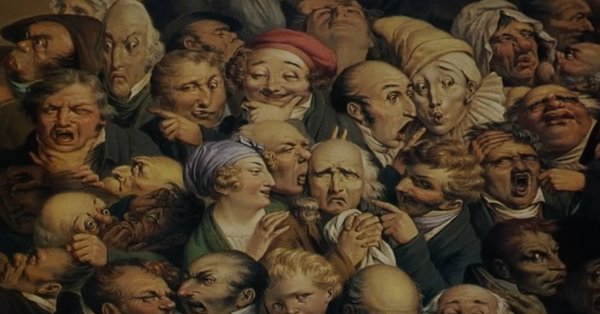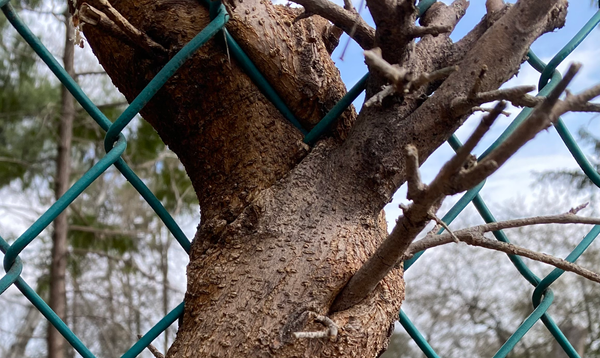What gives a gift its shine

Hey all. This is the first post sent via Ghost. If you unsubscribed through Substack and you're getting this in error, there's an unsubscribe link down at the bottom. To everyone else, thanks for being here. Happy holidays.
1.
“The day you learn that life isn’t fair because of a bad thing in your life is a big one. But the one when you realize that lots of the good things in your life are also because life isn’t fair is a bigger one. And I’d venture that a lot of people — most, in fact — never make it to the second day. And an awful lot of people spend their entire lives angry about the first one.”
— J. Wynia, TikTok
A gift I think about more than most is a mug. A coworker gave it to me in 2018, a couple weeks after he helped me fix a nasty CSS (visual styling) bug. The mug reads “CSS is awesome” in a square that's being catastrophically overflowed by the word “awesome."
It wasn't Christmas or anything. We'd just been doing our jobs. We weren't particularly close, and while not a prickly person, he was a no-nonsense Slovenian. It wasn't the gift but the gifting, the surprise of it, the conditions around the act, that stuck with me.
2.
I've heard speculation that the first Spanish ships to arrive in the New World were so foreign to the natives' imagination that the natives didn't see them on the horizon at all. I don’t know about all that. More interesting to me are the things explorers expected to see and didn’t. There were “gaps” in native tongues that they mistook for conceptual gaps in their worldviews. The Potawatomi didn’t have a word for “please,” as in “please pass the salt,” which the Europeans who met them took as evidence for crude manners; the opposite was the case. The word was redundant. They saw food as a gift, to be politely shared by default.
The term “Indian giver” comes from the same misconception. Europeans made exchanges of precisely equal value in order to avoid further relationships with the other party. Many native cultures (though they had money, something with obvious utility in large groups) did the opposite in order to strengthen those relationships and keep them top-of-mind. We clearly cherish the experience of gathering around a tree with our loved ones on Christmas morning, giving and receiving gifts, yet we shove those days into tiny corners of the calendar. Some cornerstones of our society, our market, may not be things we were the only culture smart enough to invent, but crutches we were the only ones weak enough to need, which now trip and hobble us.
3.
The gift of life, like every gift, loses luster. The correct response to this is not to reframe that loss, to see the gift itself differently. It's to remember what's around it: the people and land giving it to you, the gatherings in which they do so, your own capacity to give back. This is what gives any gift, shiny or dull, the shine it has.
This December in Wisconsin there were four weeks of no snow. It arrived a few days ago. We looked at it upside down. Big flakes fell upward like bubbles rising in a pot of water. The default way to look at it: a dread-filled reminder, a sign of the times, a gift so late that it's rude. But it was still a gift. Unless a gift is a pair of Beats by Dre, overpriced garbage fit for nowhere but the landfill, you don't turn down a gift. It isn't done. The Potawatomi knew that life isn't fair; they still had many words for "thank you" and so do we.





